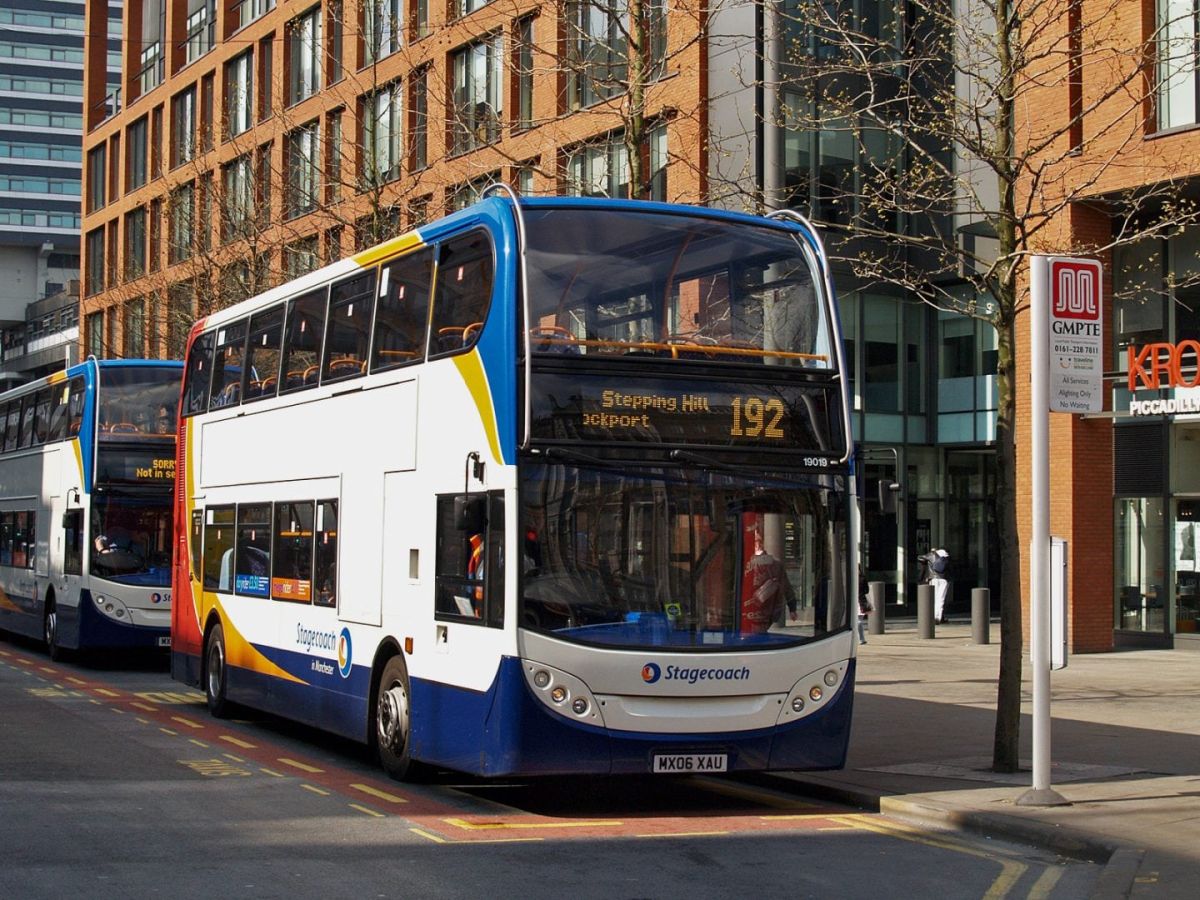Congestion zone in Manchester city centre up for debate

Last week, council leaders met to discuss the urgent impact pollution is having on the public. Guidelines imposed by the government state that all councils must show a draft clean air plan, eradicating nitrogen oxide associated with diesel emissions, to the Department of Environment, Food and Rural Affairs by December 31st of this year.
It was reported earlier this year that over 1,000 premature deaths have been linked to bad environmental conditions, which could potentially reach legal levels by 2021, spurring an urgent meeting by council bosses.
Speaking to Manchester Evening News, Sir Richard Leese, leader of Manchester City Council and previous leader of the campaign for congestion charge, said: “If you’ve got something costing 1,000 premature deaths a year in Manchester, you’ve got to do something about it. I don’t think it’s not an option.
“Clearly dirty air is a killer, but also poverty is a killer and the older cars tend to be driven by people on lower incomes who need that car to be able to work.
“Whatever we bring in needs to ensure the people at the bottom end of the chart don’t have to pay for it, either a scrappage scheme or an exemption scheme for people on low incomes – probably a combination of both.”
“There are some difficult questions to address and quite a lot of hard and serious discussions to have over the next few months.
“The intention is to begin a public discussion in the next few weeks,” he added.
“Really, that’s to have a conversation with the public saying ‘this is what the problem is’, but even then, we’re not going to jump to any conclusions.”
Greater Manchester has recently considered a targeted scrappage scheme to improve air quality. Scrappage schemes are focused on getting rid of any diesel cars by sending them to scrap yards in exchange for cash. Although, many have argued that this method is ineffective and costly.
Andy Burnham, Mayor of Greater Manchester, previously promised to not introduce congestion charges, although failed to vow against introducing a tax on bus and HGV contractors to improve pollution.
Last year, Burnham stated to Manchester Evening News, that: “[my] commitment is I will try everything else first. If it ever is to happen here, you are talking a long way down the line and even if it did I would go to restricting buses and HGVs.
“I’m not going to implement that charge on car users. I want to make this really clear — there will never be any charge on individual motorists.”
A spokesman for the mayor has suggested that Burnham will oppose any charges made to individual motorists.
Following this discussion amongst council bosses, Greater Manchester’s clean air plan has the chance to gain funding from the government, hoping for a direct investment into public transport around the city. However, when this will happen is yet unconfirmed.







